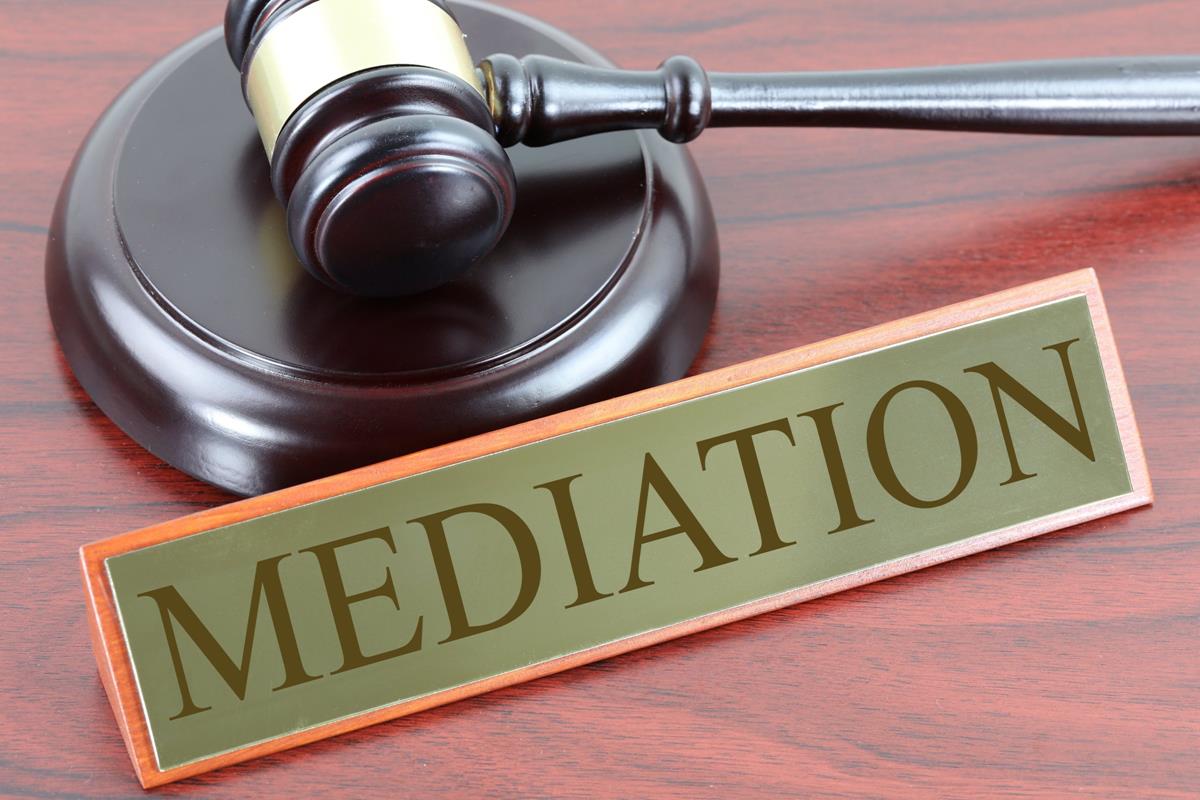There is a lot of jargon in peace mediation, many buzz words people use with vague meanings. If you want to write about peace mediation you can include “community-building, capacity-building, women and youth inclusion” and people will think you know a lot. However, the beauty of this field actually lies in knowing that you will never know a lot because you simply can’t and that’s ok.
Before coming into the stage of mediation, it is crucial to understand the root causes of conflicts and violence. However, even the best conflict analysts will struggle at some point to explain the atrocities in the world due to how innate violence is to human nature. There are many reasons for conflicts including geography, politics, ethnicity, however, the one that cannot really be explained and is the reason why the conflicts are still going on all around the world is human nature. Like Hannah Arendt says that Eichmann and people like him are “terribly and terrifyingly normal.” So, while mediating peace it should be acknowledged that not everything can be explained and therefore, solved but it is still crucial to understand the nature of evil and make understanding crime and humanitarian tragedies morally proper. This will bring us closer to the actors of the conflict and they will be more open to receiving our help if they see that we understand.
Peace mediation processes are fundamental for a better world and humanity. They are an alternative to the violence that focuses on an end goal and a mediation process is not about who wins or who loses, instead of in a successful mediation process, there are only winners.
Mediation processes have been about a power game between the elites. Elites hold the power and the privilege and determine the rules of the game, but this has not been the most efficient way as it is excluding the voices of everyone else and especially the most vulnerable. However, peace mediation is going local and we need to increase the amount of localized peace mediation even more. Elite bargaining solely does not work anymore and we need to build capacity for the locals to be able to make peace themselves. We as peace mediators need to be the ones to provide the tools for locals to solve their own problems instead of us doing it for them. We, as the outsiders cannot care about their peace as much as they do. It is their land and their country, so humility is an essential tool a mediator has to carry while knowing our position and how involved we should be. And as peace mediators, we need to know that once we establish the grounds for peace our job is done and it is time to leave.
The peace mediator holds a lot of privilege and benefits from the luxury of doing good. One can only help the others if all their needs are fulfilled. A privileged, well-educated person coming to the conflict zone however will not exactly change the world. What will start changing the world is when the privileged start working with the vulnerable. The privileged might also be causing more harm than doing good, so being self-aware is a crucial skill in mediation. Realising that the intentions can be different than the consequences and doing no harm is more important than the obsession of doing good and changing the world.
So, we should acknowledge this privilege and stay humble while preparing to leave when needed. The mediator should become less important throughout the process once they establish trust and they should not be needed anymore. This however can only happen if the mediator stays humble and knows is there to help only as an outsider.
The localization processes of peace mediation should start from the cities as cities are where most of the crimes are committed. In El Salvador, more people died from gang crimes in cities than in wars and conflict. For a better future of peace mediation, community policing should be implemented and local mediators should work to prevent violence. These people should be trusted members of the community and can work as insider mediator. Most people do not trust their governments, but they do to the members of their community and the only way to attain sustainable peace would be by including the trusted locals in the peace mediation processes. The future of peace mediation should be more structured and it should take a bottom-up approach.
“If you come only to help me, you can go back home. But if you consider my struggle as part of your struggle for survival, then maybe we can work together” said an aboriginal woman. Peace mediators, to be able to work with the people who have been affected by conflict, should try to see and feel their struggle and after that only they can be able to help. This also shows our interdependence and interconnectedness as citizens of the world and how we are all in this together. We all had our part in creating the global inequalities and suffering, hence we have to solve it and mediate peace while remembering this.
As peace mediators, we are not doing this “for them, but with them” as Martin Luther King Jr. says. We are all a part of the same story and we all owe to each other. So maybe acknowledging this could be the motivator of peace mediators. For a better future of humanity and hence a better future of peace mediation we should all acknowledge that this is the story of all of us and we all have our parts to take.
Let’s not forget the humanity in peace mediation and make the future of peace mediation as human as possible.

